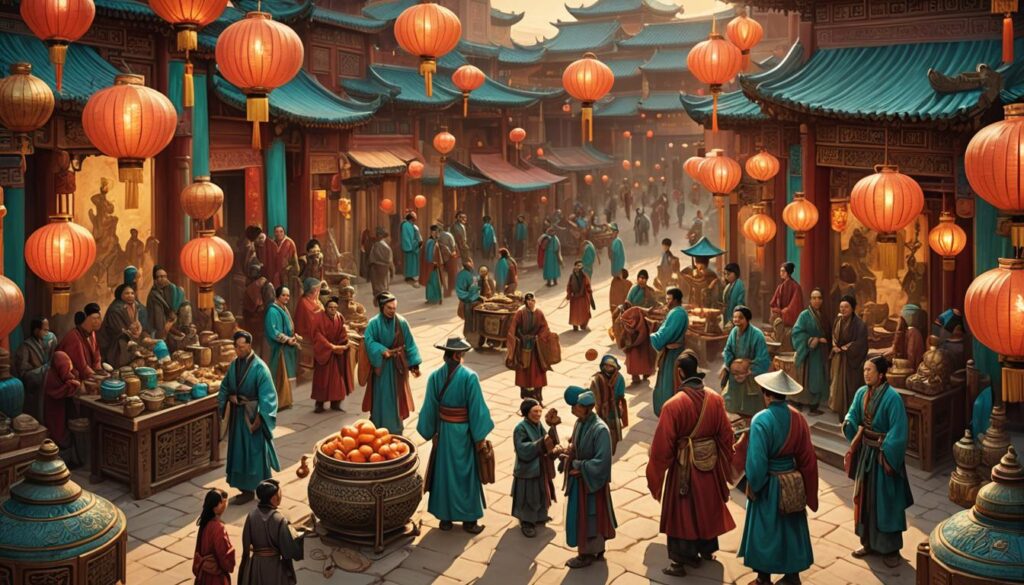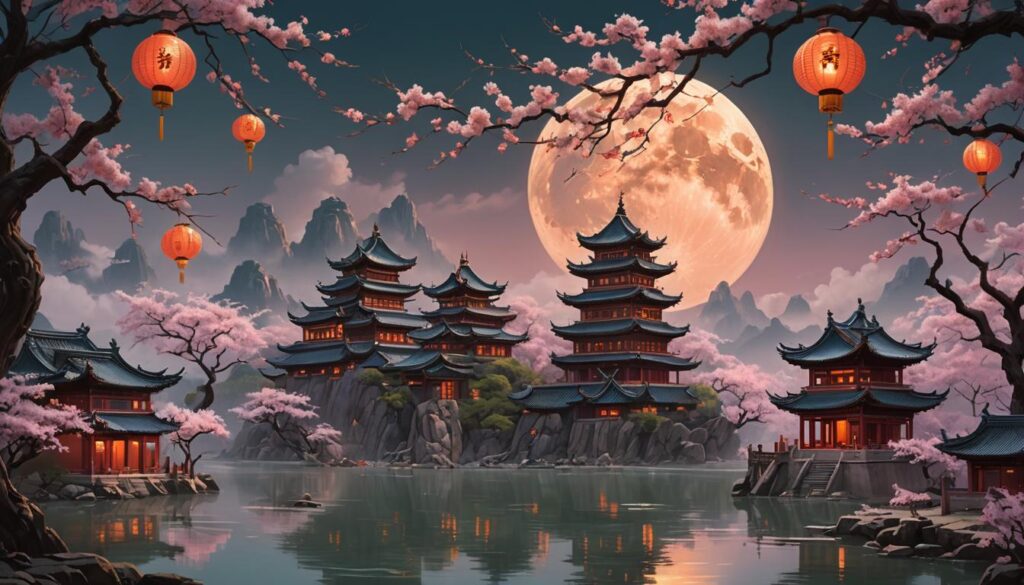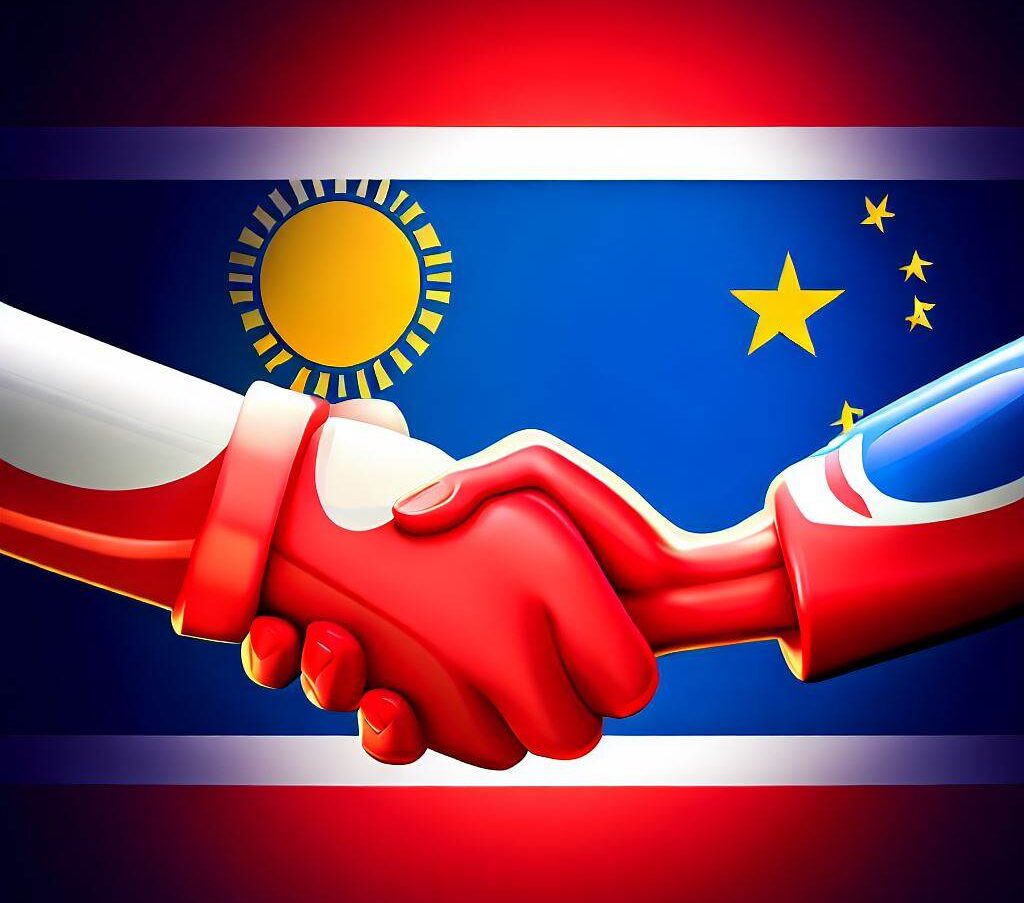The Nanjing Massacre
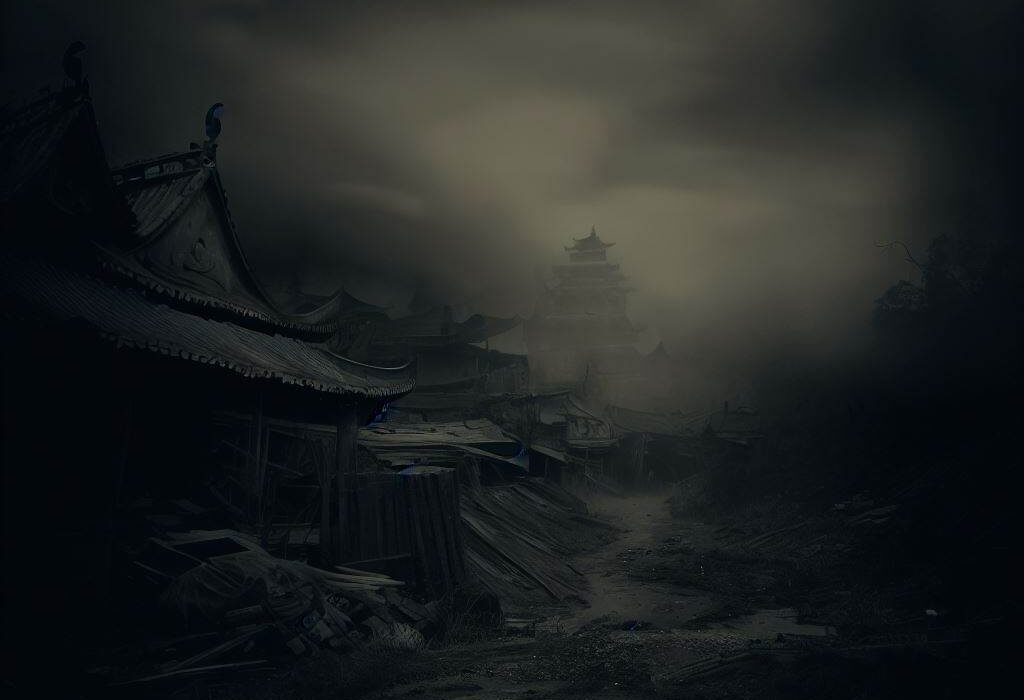
The Nanjing Massacre
The Nanjing Massacre is one of the most horrific time and series of brutal and cruel events of human history.
The Nanjing Massacre, also known as the Rape of Nanjing, was a tragic event that unfolded during the Second Sino-Japanese War (1937-1945). This dark chapter in history saw the city of Nanjing, then the capital of China, fall into the hands of the Imperial Japanese Army, leading to one of the most horrific atrocities of the 20th century. Remembering the Nanjing Massacre serves as a reminder of the depths of human cruelty and the importance of cherishing peace and preserving historical memory.
Background
In the late 1930s, tensions between China and Japan escalated into a full-scale war. Following their successful invasion of Shanghai, Japanese forces set their sights on capturing Nanjing, a key strategic location. As the Japanese Army entered the city on December 13, 1937, a wave of unspeakable horrors would unfold over the next six weeks.
The Massacre
The Nanjing Massacre was marked by a systematic campaign of mass killings, rape, looting, and arson. Estimates of the number of victims vary, but it is believed that between 200,000 and 300,000 Chinese civilians and disarmed soldiers were brutally murdered, while tens of thousands of women were raped. The brutality exhibited by the Japanese soldiers during this period is hard to comprehend, with accounts of widespread torture, beheadings, and bayonetings.
The city was subjected to widespread arson, leaving a significant portion of Nanjing in ruins. Cultural heritage sites, schools, hospitals, and countless homes were destroyed. The aftermath of the massacre left survivors traumatized and Nanjing scarred both physically and emotionally.
International Response and Controversies
Reports of the atrocities committed in Nanjing reached the international community through foreign journalists and missionaries who remained in the city during the occupation. These reports sparked outrage and condemnation around the world. However, the true scale and severity of the massacre were met with skepticism by some Japanese nationalists and revisionists in the following decades, leading to ongoing debates and controversies.
Remembering the Nanjing Massacre
Remembering the Nanjing Massacre is essential for several reasons. First and foremost, it honors the memory of the victims and survivors, ensuring that their suffering is not forgotten. It serves as a solemn reminder of the consequences of war, the value of peace, and the necessity of preventing such atrocities in the future.
Furthermore, remembering the Nanjing Massacre promotes historical truth and challenges revisionist narratives. By acknowledging the gravity of the events that unfolded in Nanjing, we can work towards preventing the distortion of history and ensure that future generations learn from past mistakes.
In recent years, efforts have been made to preserve the memory of the Nanjing Massacre. The Memorial Hall of the Victims in Nanjing Massacre stands as a powerful testament to the tragic events that took place. It serves as a place of remembrance, education, and reconciliation, inviting visitors from around the world to reflect on the horrors of war and promote peace.
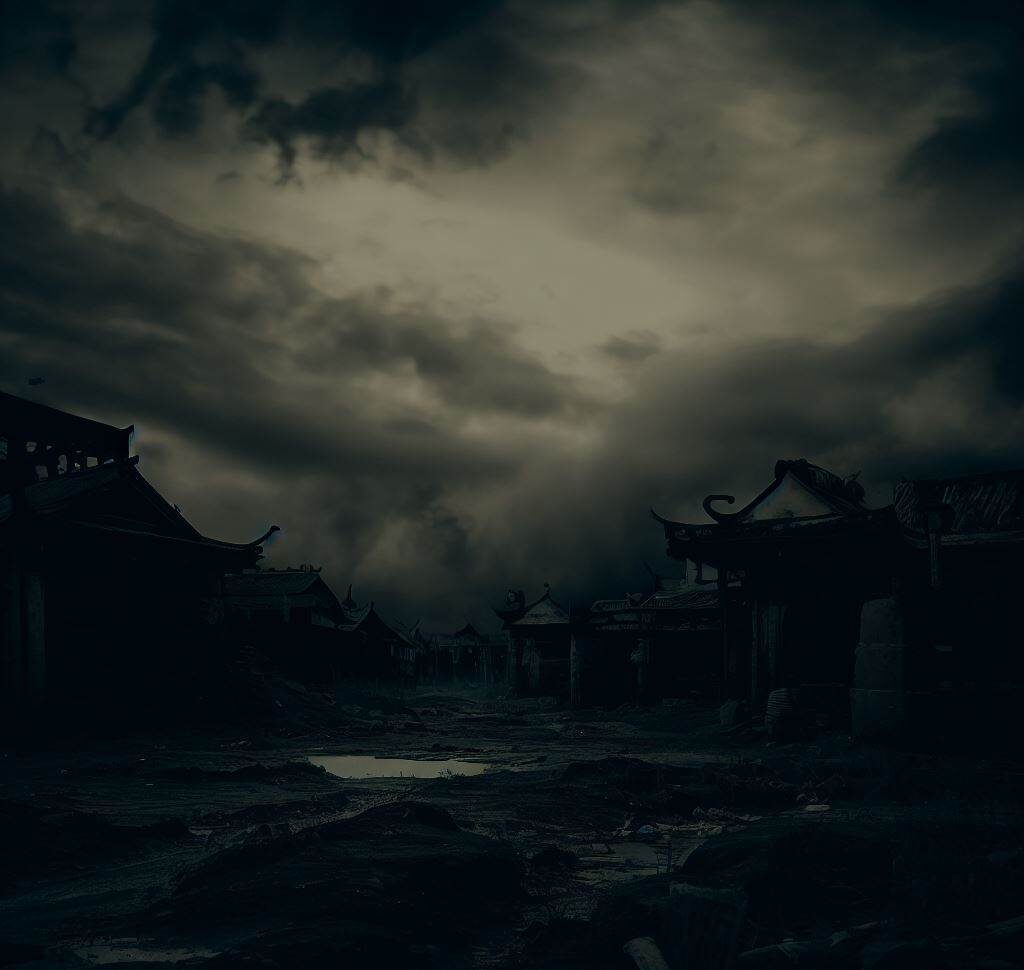
The Nanjing Massacre remains a haunting reminder of the depths of human cruelty and the devastating consequences of war. Remembering the Nanjing Massacre is an act of honoring the victims, preserving historical memory, and educating future generations about the importance of peace. By acknowledging the past and working towards a better future, we can strive to create a world free from violence and atrocities.





